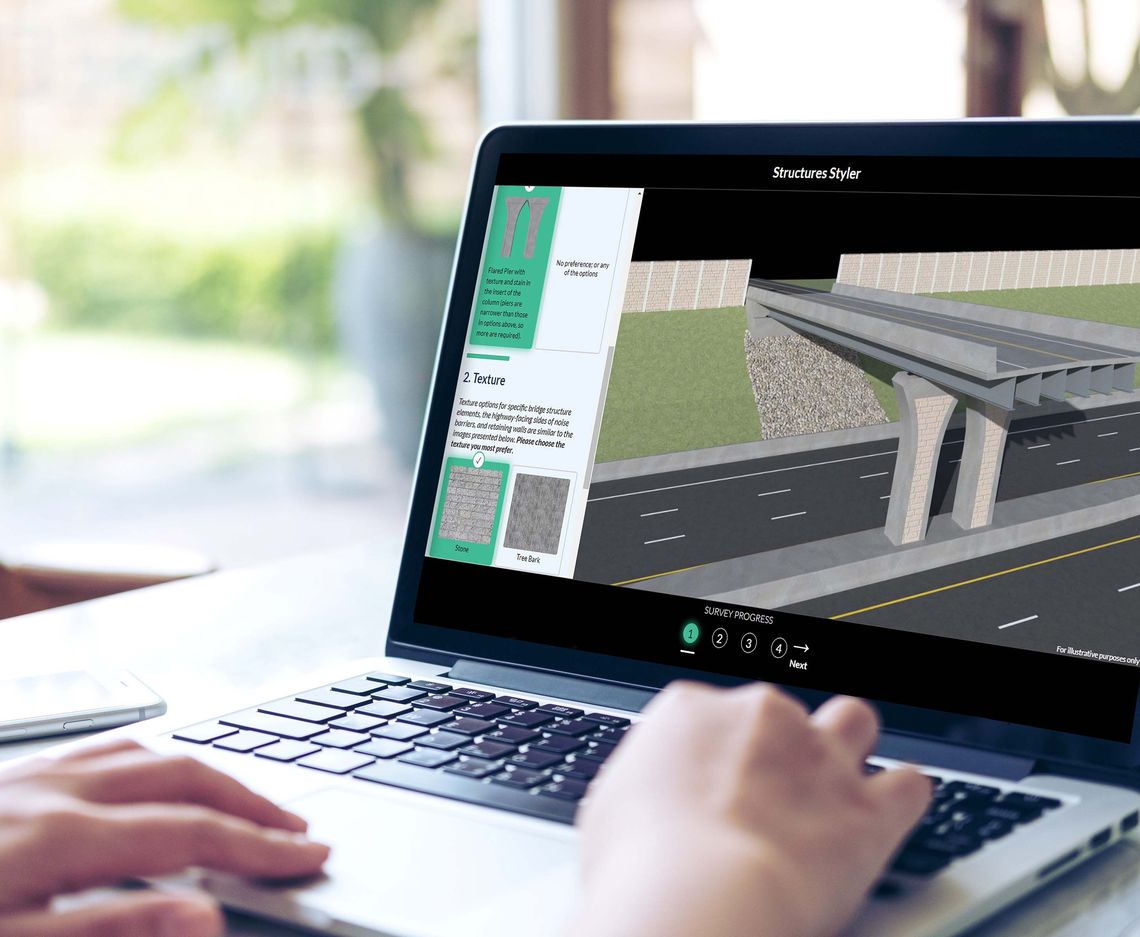
I-695 AT I-70 (TRIPLE BRIDGES) PUBLIC INVOLVEMENT SUPPORT
The Challenge:
Triple Bridges interchange handles more traffic than it was designed to carry, resulting in congestion and delays. Due to its aging structure and operational deficiencies, the project will reconstruct the interchange where I-695 meets I-70 in Baltimore. Since this project uses Design-Build Methodology, gathering input early from the public was crucial in shaping the project parameters.
How We Helped:
As part of McCormick Taylor's comprehensive statewide environmental and engineering services contract with MDOT SHA, McCormick Taylor assisted in equity and demographic analysis as well as public involvement support. To accommodate social and equity needs in the study area, McCormick Taylor conducted a robust Environmental Justice analysis to identify potential barriers to participation, leading to tailored methods to engage vulnerable populations. In addition, the outreach and engagement program focused on adapting strategies to comply with social distancing requirements during the COVID-19 pandemic. This involved developing various communication materials such as e-newsletters, website content, social media posts, infographics, and videos. Multilingual materials and alternative participation options were provided to ensure inclusivity and accessibility for residents in the study area.
In order to gather valuable insights for project development, SHA sought extensive feedback from the public on design aesthetics, environmental considerations, safety issues, and general community feedback. McCormick Taylor facilitated community engagement by creating a user-friendly digital survey that encouraged public input on the appearance of replacement bridges and the surrounding landscapes. Special attention was given to inclusivity by providing survey instructions in multiple languages and ensuring full accessibility for individuals using screen readers. A private dashboard was also established to allow stakeholders to visualize survey participation and public sentiment through charts and graphs, enhancing transparency and understanding of community perspectives.
Our support tasks for this project included:
-
Project Management
-
Environmental Justice (EJ) Analysis and Mapping
-
Project Messaging, Graphic Design/Visualization Support
-
Public Meetings & Meeting Facilitation
-
Elected Officials and Stakeholder Meetings
-
Management of the Project’s Mailing/Distribution List
-
Geofencing Survey Development
-
Website and Video Development
-
Custom Survey Application and Dashboard
-
Interactive Web Maps
-
Virtual Public Involvement (VPI) Meetings/Online Presentations
-
Final Public Engagement Report
Results:
McCormick Taylor's proactive approach in integrating equity analysis, inclusive outreach strategies, and innovative digital tools not only facilitated meaningful public engagement but also ensured that underserved populations were given a voice in the decision-making process. This commitment to diversity, accessibility, and transparency sets a commendable standard for collaborative infrastructure projects that prioritize community needs and input.